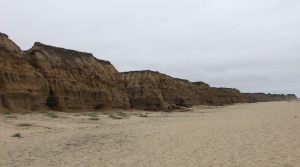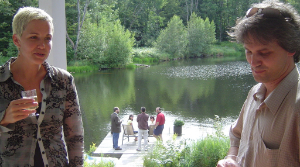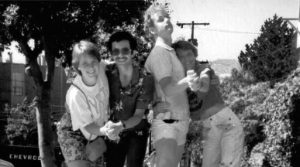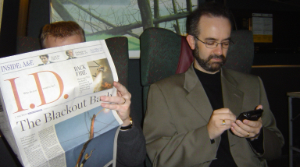Blog

Work doesn’t break because people stop trying. It breaks when responsiveness is replaced by control. This essay traces how coordination emerges naturally through visibility, timing, and shared attention — and how restoring those conditions brings work back into resonance.

Burnout is rarely about working too hard. It’s about effort without response. This essay follows burnout as a signal from life itself — a quiet withdrawal when contribution no longer lands — and invites a reorientation toward work that can still be felt.

We live inside stories without noticing them. This essay explores how story — our most powerful symbolic tool — came to organize life itself, and what happens when representation is mistaken for reality. The invitation is simple and unsettling: step back far enough to sense what has always been there underneath.

We’re taught that values are the foundation of a good life — personal, organizational, even moral. This essay asks a different question: what if values are stories, not truths? Drawing on lived experience across cultures, faith, and work, it explores how morality emerges from life itself, not abstract ideals. The invitation is simple but unsettling: stop asking values to do work they can’t do, and start using life as the reference point.

We learn to see systems as things “out there” — diagrams to map, problems to fix. But the distance is the illusion. Life is the one system, and we are inside it. The moment we stop trying to control the blueprint and start sensing the living structure beneath it, something shifts. What happens when we stop analyzing the system — and remember that we are it?

We grow up believing individuality means standing apart — becoming someone through separation, self-reliance, and the story of being “self-made.” But real identity doesn’t harden in isolation. It forms in the spaces between us. The more I chased independence, the more I drifted from the web that made me possible. And the moment I stopped trying to build myself alone — the moment I returned to collaboration, connection, and the quiet truths of relationship. I found a self I didn’t know I was missing. Life doesn’t create isolated beings; it creates intersections. What happens when we stop performing independence and start remembering that we become through one another?

We grow up thinking power comes from having authority — from being the one who knows, decides, directs. But real power doesn’t rise with the title. It returns with the relationship. The moment I stopped trying to lead through control and started listening, rooms opened, trust formed, and influence became shared. Power in the living world isn’t dominance; it’s resonance. What happens when we stop performing leadership and start practicing connection?